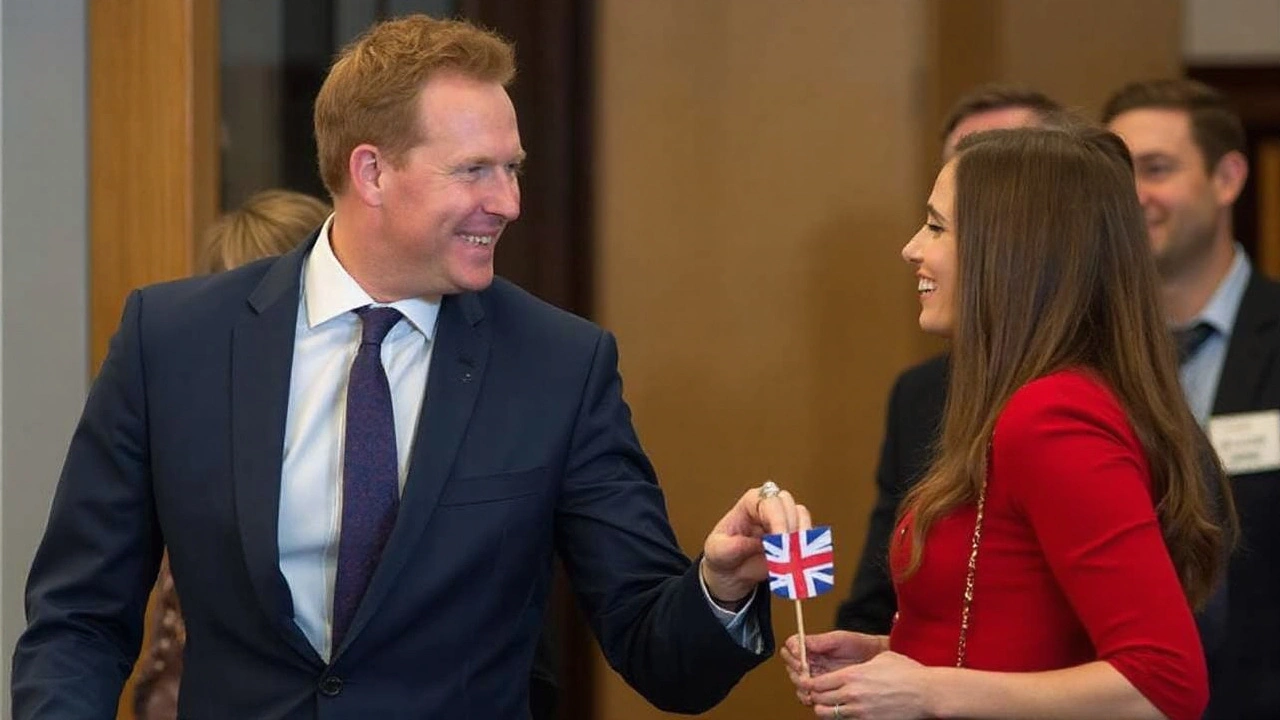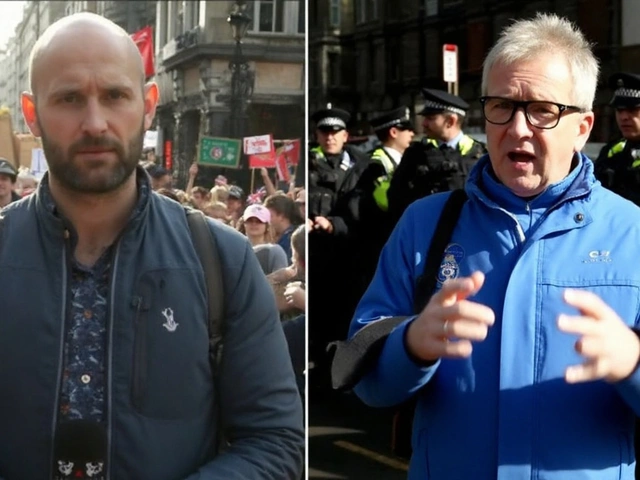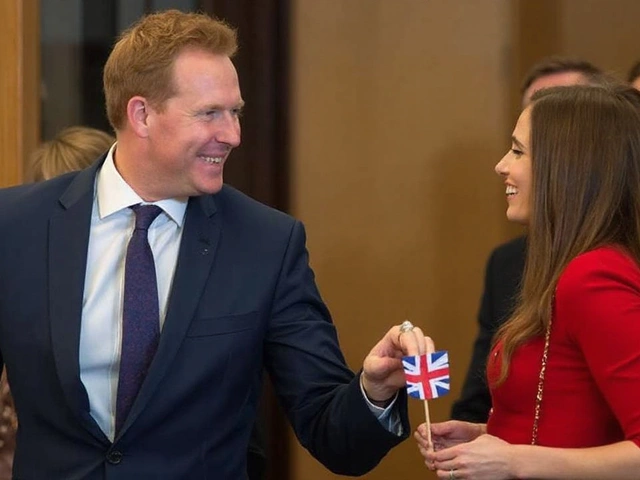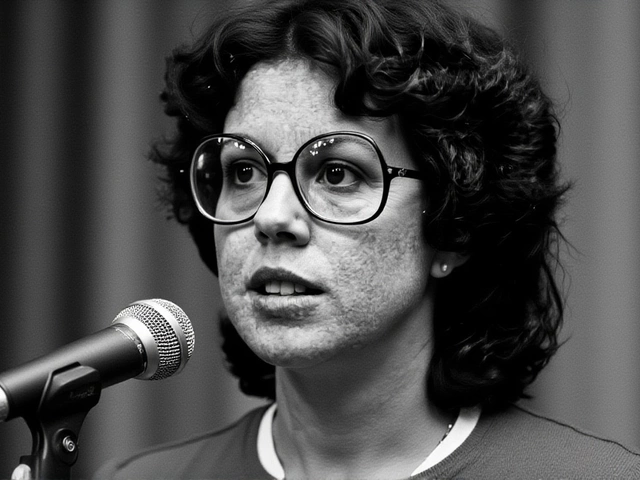Angela Rayner – A Quick Guide
If you’ve heard the name Angela Rayner on the news and wondered what she actually does, you’re not alone. She’s a high‑profile British politician, deputy leader of the Labour Party, and a voice for many working‑class issues. This page breaks down her background, current role, and why she matters in everyday terms.
Background and Rise in Politics
Angela grew up in the North East of England, where she experienced the challenges of low‑pay jobs and limited services first‑hand. After leaving school, she worked in retail and later as a care worker before entering politics. Her early career gave her a gritty perspective that resonated with voters, helping her win a seat in Parliament in 2015.
She quickly moved up the Labour ranks, becoming a shadow minister for families and then the party’s chief whip. In 2020, she was elected deputy leader, a role that puts her at the front line of the party’s strategy and public messaging. Her story is often used to illustrate how ordinary people can reach the highest levels of government.
Current Role and Main Issues
As deputy leader, Angela supports the party leader in shaping policy and campaigning. She also chairs the Labour Party’s campaign on issues like child poverty, affordable childcare, and workers’ rights. When Parliament debates a new law, you’ll often hear her ask tough questions or push for amendments that protect everyday people.
Beyond the House of Commons, she travels around the country to meet constituents, listen to concerns, and rally support for Labour’s platform. Her style is plain‑spoken and direct – she doesn’t shy away from calling out perceived injustices, which makes her a frequent target for media scrutiny.
One of her recent focuses has been on improving mental health services in schools. She argues that better support can cut dropout rates and give young people a fair start. This aligns with many community groups, including sports clubs that see a link between physical activity and mental well‑being.
Another hot topic for Angela is the cost‑of‑living crisis. She pushes for measures like lower energy bills and stronger rent controls, arguing that families shouldn’t have to choose between heating and food. Her proposals often spark lively debate in Parliament and on social media.
Critics sometimes say she’s too aggressive, but supporters appreciate her willingness to fight for the under‑dog. Whether you agree with her politics or not, her presence shapes the national conversation on social fairness.
For anyone interested in British politics, keeping an eye on Angela Rayner’s speeches and interviews offers a clear window into Labour’s priorities. Her plain language approach makes complex policy ideas easier to understand.
In short, Angela Rayner is a key figure in the UK’s political scene, championing issues that affect everyday life. Knowing what she stands for can help you make sense of the headlines and decide where you stand on the big debates of the day.

Angela Rayner quit as Deputy PM and Housing Secretary after admitting a £40,000 stamp duty underpayment on an £800,000 Hove flat. The timing is brutal for Labour, which is weighing property tax rises. The case raises questions about vetting, the ministerial code, and Keir Starmer’s grip on ethics and messaging. He must steady his team, reset housing policy, and rebuild trust fast.





